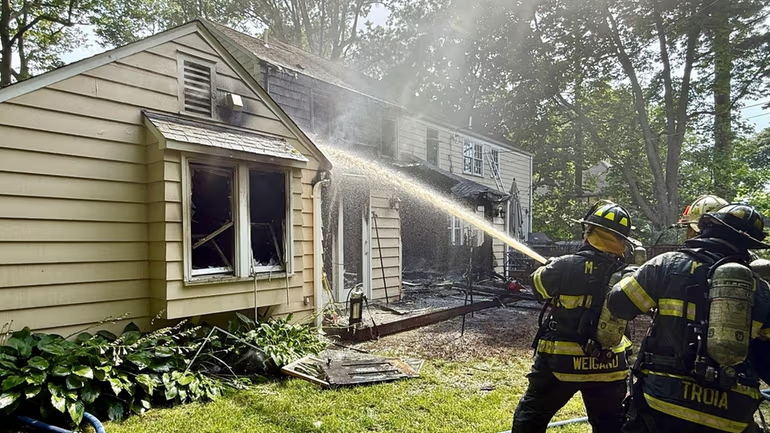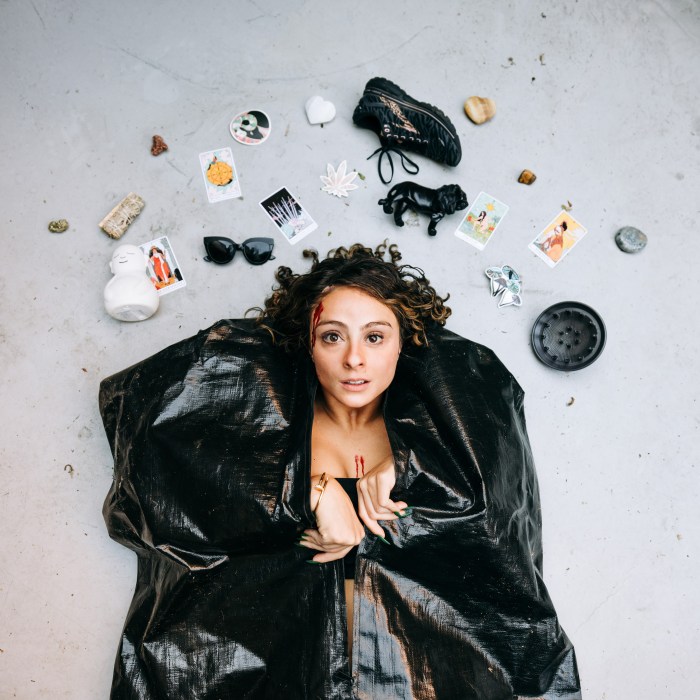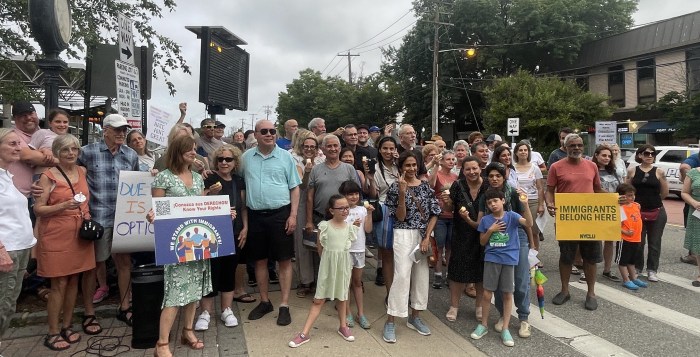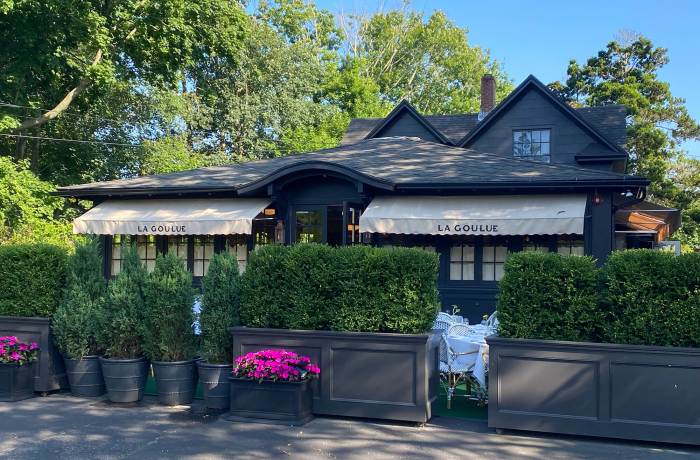Kidney stones are one of the most painful and common disorders of the urinary tract. But now, a noninvasive approach known as lithotripsy is being provided at Glen Cove Hospital to break up kidney and uretal stones too large to pass through the urinary tract.
Recently, urologists at Glen Cove began performing Extracorporeal (outside the body) Shock Wave Lithotripsy (ESWL), which treats kidney stones by sending invisible, focused shock waves directly to the stone, first located with fluoroscopy (a type of real-time X-ray image).
“A kidney stone is a mass of crystals that forms from excreted substances in the urine. One or more kidney stones may form at the same time and remain in the kidney or break loose and travel down the lower urinary tract,” said Eric Hochberg, MD, chief of urology at Glen Cove Hospital. He said kidney stones can “range in size from a grain of sand to a small pea to a walnut.” Smaller stones may pass out of the body without problems but larger stones can get stuck in the ureter, the small tube that connects the kidney to the bladder, which may prevent urine from flowing and cause severe pain.
“A single outpatient ESWL treatment is successful in approximately 80 to 90 percent of cases and permits patients to return to normal activity as soon as the following day,” said Dr. Hochberg. “With the new technology available at the hospital, people living on the North Shore of Long Island are now able to get state-of-the-art treatment for kidney stones close to home. For many of our elder patients, especially, traveling long distances for care is a significant issue.”
“Many patients first learn of their stones with the sudden onset of severe pain on one side of their back or abdomen. Other symptoms could include nausea and vomiting and visible blood in the urine,” Dr. Hochberg explained. “If the pain is incapacitating, patients will visit the emergency room and get imaging tests to establish a diagnosis.”
According to Dr. Hochberg, most small stones will eventually pass spontaneously but this can take weeks after much pain and discomfort, as well as prescription medication. “Prompt medical attention for kidney stones is necessary, but lithotripsy is not always used on an emergent basis; the treatment can be elective and scheduled as well.”
Approximately 10 percent of all people will suffer from kidney stones at some point in their lives, and up to 50 percent of patients that form a single stone, develop recurrences. Dehydration is a leading cause of stone formations and summertime heat may increase that tendency. Other risk factors include genetics, obesity, excessive salt and animal protein intake as well as certain chemical imbalances.
































